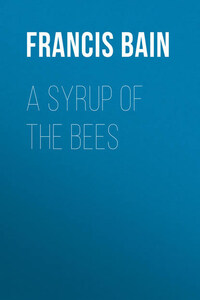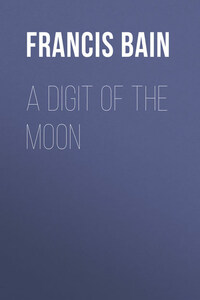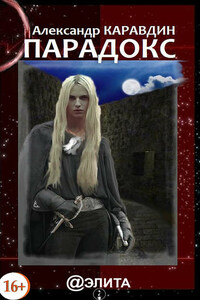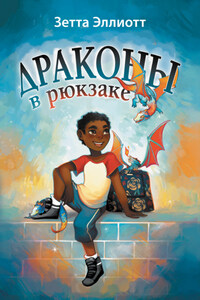The Young Barbarians, when Rome's ecclesiastical polity got hold of them, were persuaded by their anxious foster-mother to sell their Scandinavian birthright of imagination for an unintelligible, theopathic mess of mystic Græco-Syrian pottage. But the "demons," though driven generally from the field, lurked about in holes and corners, watching their opportunity. They took refuge in bypaths, leaving the high road: they lay in ambush in a thicket, whence nothing ever could dislodge them: that of fairy tales and fables.
In India, the "demons," i. e. the fairy tales and fables, have never had to hide. But the fairy tales of India differ from the fairy tales of England, much as their fairies do themselves. The fairies of Europe are children, little people: and it is to children that fairy stories are addressed. The child is the agent, as well as the appeal. In India it is otherwise: the fairy stories are addressed to the grown-up, and the fairies resemble their audience: they are grown up too. They form an intermediate, and so to say, irresponsible class of beings, half-way between the mortals and the gods. These last two are very serious things: they have their work to do: not so the fairies, who exist as it were for the sake of existence – "art for art's sake" – and have nothing to do but what people who have nothing to do always do do – to get themselves and other people into mischief. They are distinguished by three noteworthy characteristics. In the first place, they are possessors of the sciences, i.e. magic, and this it is which gives them their proper name (Widyádhara),1 which is almost equivalent to our wizard. Secondly, every Widyádhara can change his shape at will into anything he pleases: they are all shape-changers (Kámarupa). And finally, their element is air: they live in the air, and are thus denominated sky-goers, sky-roamers, air-wanderers, in innumerable synonyms. These are the peculiar attributes of the fairies of Ind.
Like many other persons in India (and out of it) who are far from being either fairies or wizards, they are extraordinarily touchy, and violently resentful of scorn or slight: things not nice to anybody, but the Wizards are not Christians, and generally take dire revenge. A very trifling provocation will set them in a flame. The Widyádharí lady is jealousy incarnate. Jealousy, be it noted, is a thing that many people much misunderstand. Ask anyone the question, where in literature is jealousy best illustrated, and ninety-nine people in a hundred will reply, Othello. But, as Pushkin excellently says, Othello is not naturally a jealous man at all: he is his exact antipodes, a confiding, unsuspicious nature.2 Jealousy not only distrusts on evidence; it distrusts before evidence and without it; it anticipates evidence and condemns without a trial: it does not wait even for "trifles light as air," but constructs them for itself out of nonentity. Its essence is causeless and irrational suspicion. Your true jealous nature never trusts anything or anybody for an instant. Othello is of noble soul: no jealous man ever was or could be. With women, it is not quite the same; but even here, real nobility of character excludes the possibility of jealousy, because it trusts, until it is deceived, and then its glass is shattered, and its love gone beyond recall: sympathy is annihilated. Compare Mary Queen of Scots and Elizabeth: the one, the noblest, the other, the meanest creature that ever sat upon a throne. Mary trusted even Darnley till she discovered that he was beneath every sentiment but one: Good Queen Bess never trusted anyone at all. Mauvaise espèce de femme!
And so, they are not much to be depended on, these Wizards; anybody taking up with one of them, male or female, had better be careful. You can never tell where you are with them; their affection is unstable; they are fickle, as might be expected from creatures of the air: their feelings are as variable as their shapes. They can be just as hideously ugly as unimaginably beautiful. The stories that deal with them contain a moral entirely in harmony with all Indian ideas: it is a mistake not to stick to your own caste. When two of different castes are thrown together, the trouble inevitably begins. The gipsies, who came apparently from Sind, brought this notion into Europe, in a form not previously familiar to it. That difference of kind is insurmountable, is the fundamental axiom of Indian theory and practice. The owl to the owl, the crow to the crow: otherwise, Nemesis and catastrophe. A Syrup of the Bees3 is another instance.











